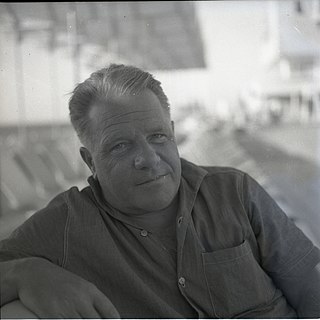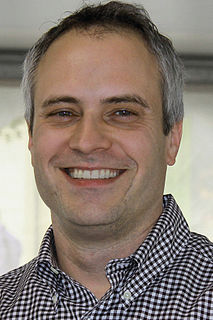A Quote by Chellis Glendinning
A whole new series of technologies like biotechnology, virtual reality, and super-computerization are appearing now that are leading us away from our nature-based roots.
Related Quotes
Back in the 1980s, when the internet was only available to a small number of pioneers, I was often confronted by people who feared that the strange technologies I was working on, like virtual reality, might unleash the demons of human nature. For instance, would people become addicted to virtual reality as if it were a drug? Would they become trapped in it, unable to escape back to the physical world where the rest of us live? Some of the questions were silly, and others were prescient.
'We live' writes Pursewarden somewhere 'lives based upon selected fictions. Our view of reality is conditioned by our position in space and time — not by our personalities as we like to think. Thus every interpretation o? reality is based upon a unique position. Two paces east or west and the whole picture is changed.
I want relations which are not purely personal, based on purely personal qualities; but relations based upon some unanimous accord in truth or belief, and a harmony of purpose, rather than of personality. I am weary of personality. Let us be easy and impersonal, not forever fingering over our own souls, and the souls of our acquaintances, but trying to create a new life, a new common life, a new complete tree of life from the roots that are within us.
The simulator is the stage in-between television and virtual reality, a moment, a phase. The simulator is a moment that leads to cyberspace, that is to say, to the process because of which we now have two bottles instead of one. I might not see this virtual bottle, but I can feel it. It is settled within reality. This explains why the word virtual reality is more important than the word cyberspace, which is more poetic.































